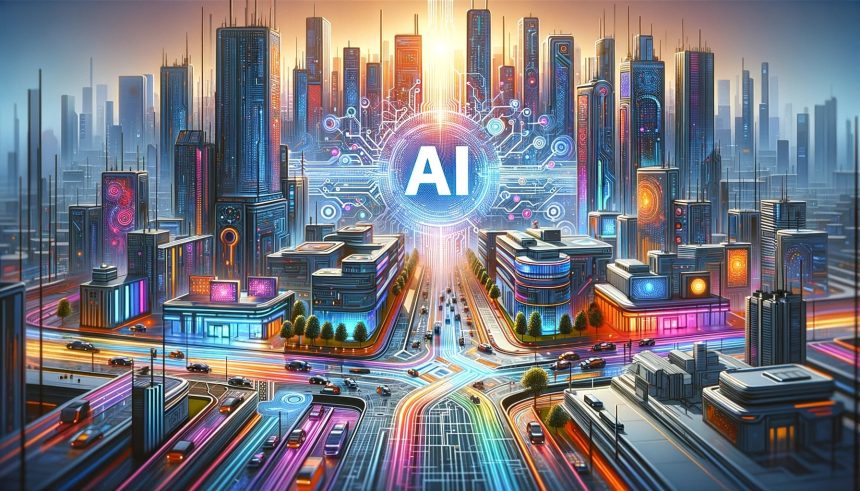Advancements in artificial intelligence (AI) are rapidly transforming digital marketing, reshaping how businesses engage with their audiences. The integration of AI technologies such as machine learning, predictive analytics, and automation tools is driving efficiency, personalisation, and effectiveness in marketing strategies. By examining AI’s multifaceted impact on digital marketing, the latest developments from brands like Netflix and Amazon can be explored in depth. For more detailed information, you can visit AI News.
Personalisation and Customer Insights
AI significantly enhances personalisation by analysing extensive data to identify customer preferences and behaviours. This capability allows brands like Netflix and Amazon to tailor their recommendations, leading to higher engagement and customer satisfaction. Machine learning algorithms play a crucial role in recognising patterns and predicting future actions, enabling marketers to deliver targeted messages that resonate with individual users.
Predictive Analytics for Strategic Decision-Making
Predictive analytics, powered by AI, enables marketers to forecast customer behaviour and market trends accurately. By examining historical data, businesses can make informed decisions about inventory management, marketing campaigns, and other strategic efforts. This approach not only reduces operational costs but also improves overall customer satisfaction by anticipating needs and preferences.
Content Creation and Optimisation
AI tools are revolutionising content creation by producing high-quality, relevant content efficiently. Platforms like GPT-4 can generate engaging text for various digital channels, allowing marketers to focus on strategic aspects rather than content generation. Additionally, AI-driven SEO tools help optimise content for search engines, enhancing visibility and performance through automated keyword analysis and dynamic content recommendations.
AI’s role in digital marketing extends beyond these areas. Historical analyses suggest that while earlier applications of AI focused mainly on basic automation and data analysis, the current landscape shows a marked shift towards advanced personalisation and predictive capabilities. These modern applications are not only more sophisticated but also more integral to strategic decision-making processes, signalling a significant evolution in the use of AI in marketing.
Comparative studies indicate that businesses leveraging AI report higher engagement and efficiency rates compared to their counterparts using traditional methods. AI’s ability to process vast amounts of data and provide actionable insights quickly sets it apart as a valuable tool in a competitive digital marketplace. This comparative advantage has led to increased adoption of AI technologies across various sectors of digital marketing.
Future trends in AI integration suggest further enhancements in areas like augmented reality (AR) and voice search. By combining AI with AR, brands can create immersive experiences that allow customers to visualise products in their environment, boosting engagement and purchase decisions. The rise of voice search also indicates a shift in content optimisation strategies, with AI tools focusing on natural language processing to cater to voice-based queries effectively.
AI’s transformative role in digital marketing is evident in its ability to provide innovative solutions that enhance personalisation, efficiency, and customer engagement. As AI technologies continue to evolve, staying updated with the latest trends and applications is crucial for businesses aiming to maintain a competitive edge. Embracing AI-driven strategies will be essential for achieving success in the ever-changing digital landscape.










